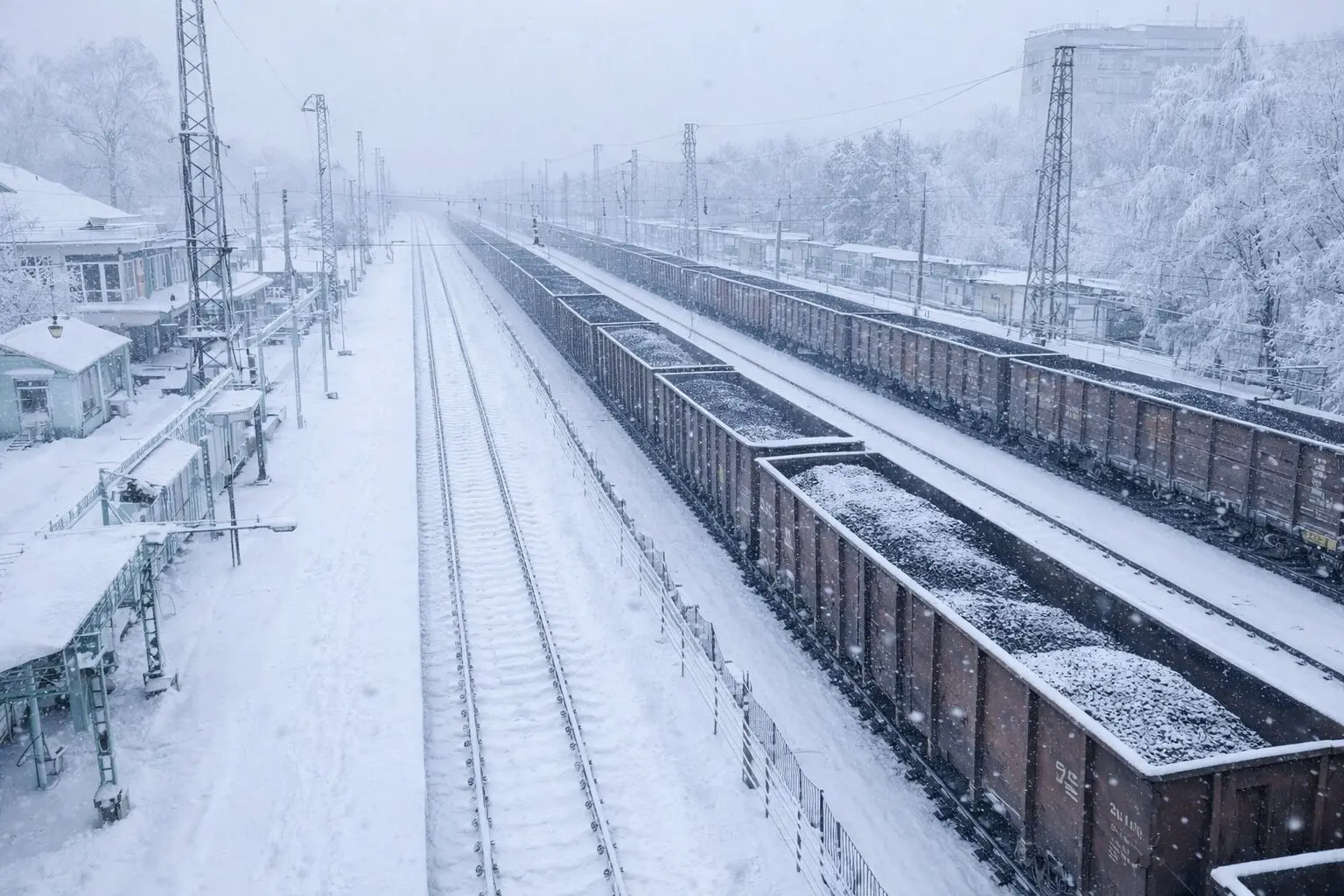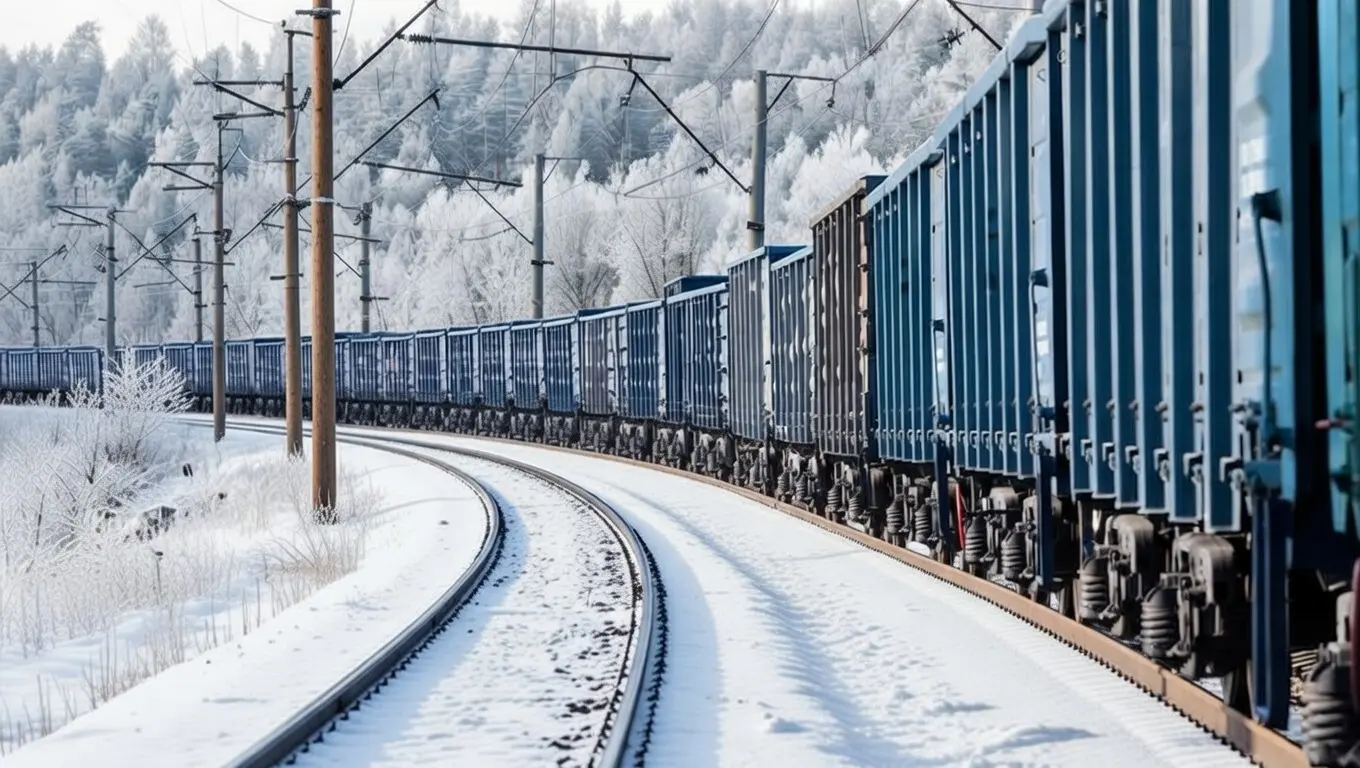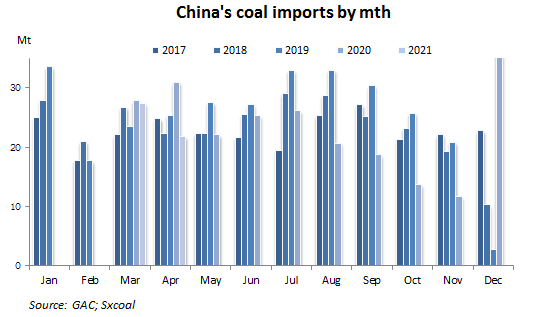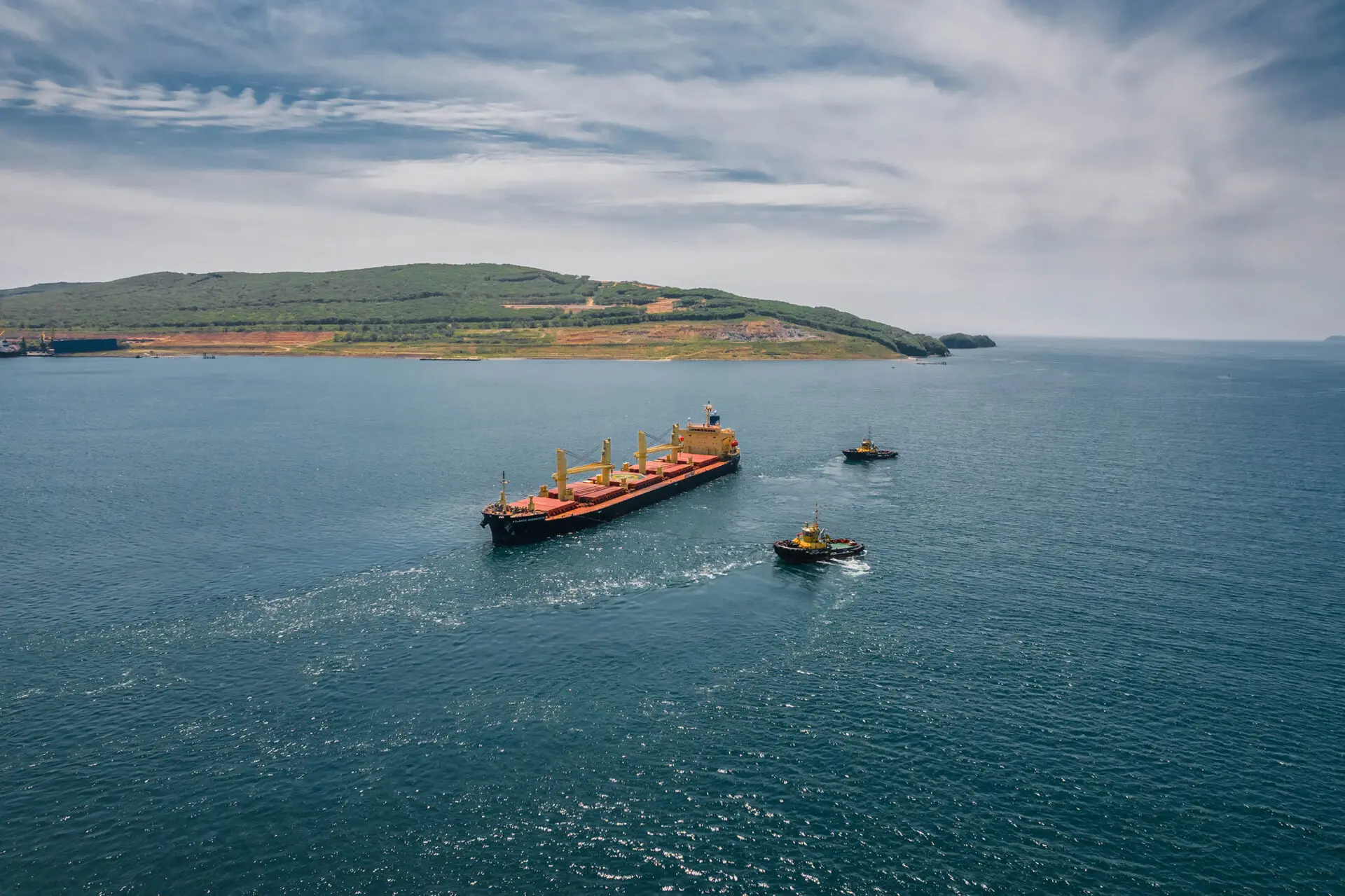

Starting from July 01, 2022, Russian Railways (RZD) amends the temporary procedure for rail freight transportation along the Eastern range, returning the rules for coal deliveries from Kuzbass, Khakassia, Buryatia and Tuva to the 2021 regulations and gives these deliveries a priority over coal shipments from other regions.
Also, as of July 1, RZD restores the annual quotas on eastbound coal exports for Kuzbass (58 mio t), Khakassia (9 mio t), Buryatia (9.1 mio t) and Tuva (0.4 mio t). These amendments will have a negative impact on coal exports from Yakutia by Elgacoal and Kolmar, due to the corresponding reduction of railway carrying capacity on the Baikal-Amur Mainline (BAM).
In addition, the methodology of the Russian Ministry of Energy on coal exports from Kuzbass to the east has been resumed, according to which the right to export coal within the quota is given to companies that sent no less volume in a westbound direction. The Ministry of Energy reported that the methodology will also include coal supplies to the domestic market. Taking into account the European embargo on Russian coal imports starting from the mid-August 2022, the compliance with the requirement to send volumes to the West looks problematic. Nevertheless, the current level of global prices makes it possible to ship coal to Asia from the North-Western terminals by large-tonnage vessels, despite the higher costs. At the same time, it is necessary to settle the issue of chartering vessels, since not all ship-owners are currently ready to work with cargoes of Russian origin.
The temporary procedure for rail freight transportation via the Eastern range was put into effect after the government suspended in March the rules of non-discriminatory access to the railway infrastructure, determining the order of traffic along BAM and Trans-Siberian Railway (TSR) and shifted coal export shipments from Kuzbass, Khakassia, Buryatia and Tuva to the lowest priority category in the order of shipments in favor of more marginal cargoes. After the start of the special operation in Ukraine and subsequent sanctions against Russia, these measures were seen as a way to free up railway capacity at the Eastern range for cargoes with higher added value compared to coal. The modified transportation rules led to problems for coal companies, resulting in a drop in shipping volumes amid growing stocks in coal mining regions, that prompted Russian coal miners, as well as regional authorities, to repeatedly appeal for a return to the previous regulations.
Source: CAA













